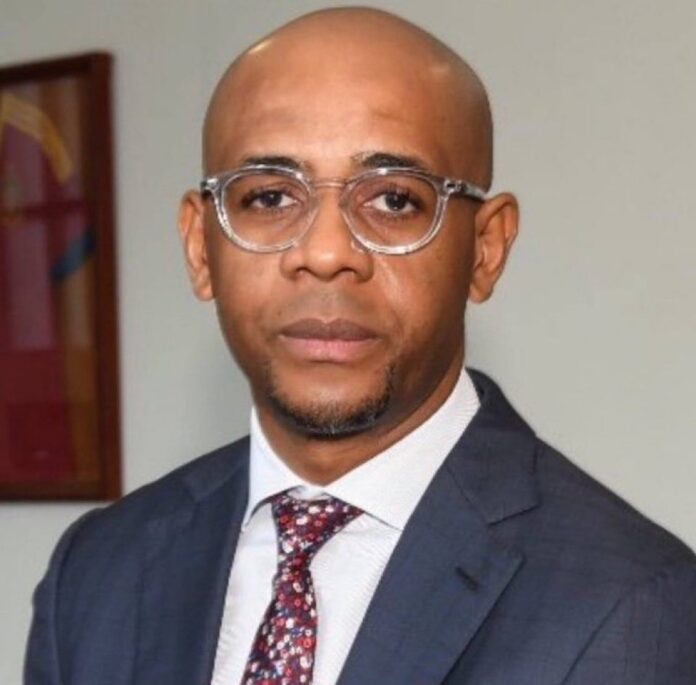The government of Equatorial Guinea has imposed a restriction on WhatsApp, limiting the sharing of multimedia files through mobile data.
This action has sparked widespread frustration among citizens, who are now unable to send photos, videos, or audio files on WhatsApp unless they are connected to WiFi.
The restriction follows a scandal involving a high-ranking government official, Baltasar Engonga, who serves as the Director General of the National Financial Investigation Agency.
Engonga became the center of a national controversy after authorities discovered over 400 private videos during a fraud investigation at his home and office.
The videos reportedly show Engonga, a 54-year-old economist, in intimate encounters with numerous individuals, including high-profile women connected to government officials and even the president’s family.
The scandal erupted after some of these recordings found their way online, sparking public outrage and a media storm across Equatorial Guinea.
Among those implicated are the wives of ministers, the Director General of Police’s spouse, Engonga’s own family members, and even the sister of the country’s president.
In response to the scandal, the Equatorial Guinean government directed telecommunications operators to restrict multimedia sharing on WhatsApp via mobile data.
This restriction has raised serious concerns among Equatorial Guinea’s population, as WhatsApp is a vital communication tool for both personal and professional activities.
Local news outlet Ahora EG reported that citizens are frustrated with the decision, which forces them to rely solely on WiFi for multimedia sharing.
One resident told Ahora EG, “In a world that’s moving toward digitalization, should we shut down our platforms because of the actions of a few? People use WhatsApp for work, for education, and for connecting with loved ones.”
The restriction has also led to heated public debates about the government’s motives.
Many citizens feel that the move is less about controlling inappropriate content and more about restricting free communication.
The government has yet to explain the reasons behind the restriction or indicate how long it will last, leaving the public in the dark.
The lack of transparency is fueling more frustration among residents, who are calling for clearer communication from officials.
In a related development, Vice President Teddy Nguema recently announced plans to install surveillance cameras in all state offices.
This move, according to the Vice President, is aimed at increasing accountability and enforcing public service laws.
Nguema stated that these cameras would be a critical step in combating misconduct among government officials.
The timing of this surveillance plan has raised suspicions, with some citizens interpreting it as a government attempt to closely monitor and control state employees following the recent scandal.
The restrictions on WhatsApp, combined with plans for increased surveillance, are causing concerns about government overreach in Equatorial Guinea.
The country’s citizens are left asking if these measures are truly necessary or if they are simply an overreaction to a scandal involving high-profile individuals.
As the government continues to restrict mobile data usage for WhatsApp, citizens are finding their daily routines disrupted.

